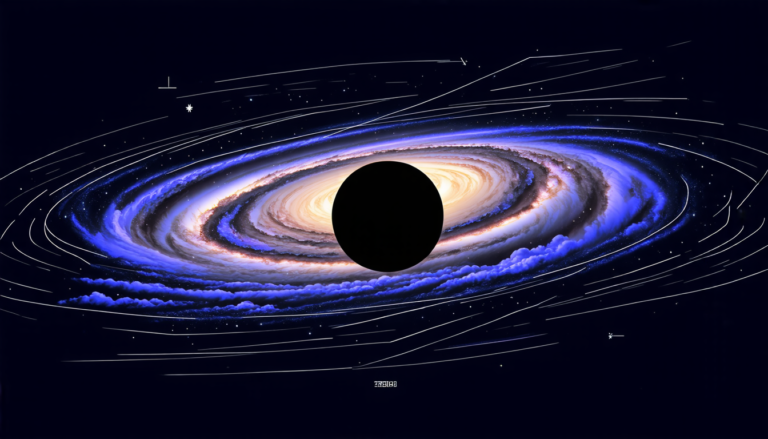Tuesday 08 April 2025
The concept of Zeno’s paradox has been debated for centuries, and it seems that scientists are still unraveling its secrets. In a recent study, researchers have proposed a solution to this ancient puzzle by using observations and empirical viewpoints.
For those who may not be familiar, Zeno’s paradox is based on the idea that motion cannot occur in an instant. The philosopher argued that in order for something to move from one point to another, it must first cover half the distance, then a quarter of the remaining distance, and so on ad infinitum. This creates an infinite series of steps, making it impossible for anything to actually move.
One of the key issues with Zeno’s paradox is its reliance on classical physics and mathematics. In recent years, our understanding of the universe has evolved significantly, and scientists have had to re-examine their approach to solving this problem. By incorporating empirical observations and data-driven approaches, researchers have been able to develop a new perspective on Zeno’s paradox.
One of the most interesting aspects of this study is its use of pendular energy and geometric gravity theory. These concepts allow scientists to better understand how motion occurs in the universe, and how it relates to our everyday experiences. For example, when we walk or run, we are not actually moving in a straight line – instead, our bodies are constantly adjusting to maintain balance and momentum.
The study’s authors also explored the concept of infinitesimals, which is a fundamental idea in mathematics that deals with extremely small quantities. By examining how these infinitesimals behave in different situations, scientists were able to develop new insights into Zeno’s paradox.
One of the key takeaways from this research is that motion is not as simple as it seems. The universe is full of complexities and nuances that can only be understood through careful observation and analysis. While Zeno’s paradox may seem like a simple philosophical conundrum, it has led to significant advancements in our understanding of the world.
The implications of this study extend far beyond the realm of philosophy and mathematics. By better understanding how motion works, scientists can gain new insights into fields such as biology, psychology, and even economics. For example, researchers could use these concepts to develop more accurate models of animal behavior or financial market fluctuations.
In short, Zeno’s paradox is not just a philosophical exercise – it has real-world implications that can help us better understand the universe and our place within it.
Cite this article: “Unlocking the Secrets of Space and Time: New Insights from the Intersection of Physics and Mathematics”, The Science Archive, 2025.
Motion, Zeno’S Paradox, Physics, Mathematics, Pendular Energy, Geometric Gravity Theory, Infinitesimals, Philosophy, Science, Empirical Observations.







